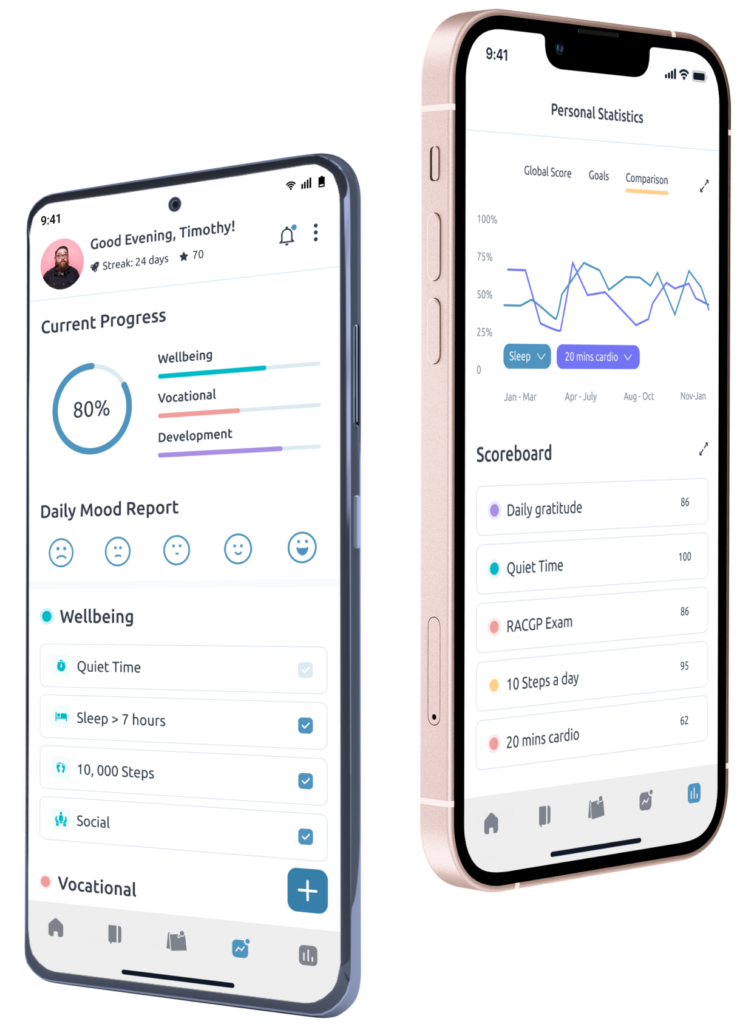Author: Dr Lee Jervis, Anaesthesia Provisional Fellow, West Australian Rotational Training Program. Currently working as an anaesthesia fellow at Mount Sinai Hospital, Toronto.

5 things I like about anaesthesia training
- Supportive environment: You are well supported throughout training and there is a strong focus on trainee wellbeing.
- Teamwork: You are integral to the multidisciplinary perioperative team and work closely with surgeons, nurses, and anaesthesia technicians to provide excellent patient care. We are all working towards a common goal.
- Diversity: You work in varied clinical environments including all surgical specialties and care for patients of all age groups. We are also increasingly providing care to patients outside of the theatre environment.
- Predictable schedule: Although the training requirements are demanding, we tend to work scheduled hours with minimal overtime and are usually able to leave work on time. Most hospitals do not require anaesthesia trainees to be ‘on call’.
- Holistic: There is a strong focus on making trainees well-rounded health professionals with experience in education, teaching, research, and audit, management, well-being, and advocacy.
5 challenging aspects of training (and how I view these challenges in retrospect at the end of training)
- Work-life balance:
- Training is demanding and during the years of studying for exams, it is hard to maintain a good work-life balance. The exams require a considerable investment of time, effort, and dedication (from the trainee and their significant others).
- Going through this process means you develop key skills in planning, prioritising, time management and adapting to stressful situations. The rigorous exams are required to demonstrate your knowledge and competence as a prospective anaesthetist. The quality of training and examination through ANZCA is well respected by anaesthesia colleges and medical boards around the world. The process also makes you appreciate the importance of free time with family and friends.
- Working with new consultants:
- Can be challenging as you need to learn their preferences and idiosyncrasies. This tends to be more pronounced as a junior trainee when you have less autonomy compared to when you’re a senior trainee.
- The benefit of working with so many consultants over the course of training is that you experience many methods of practising safe and effective anaesthesia. The way you practice as a senior trainee and consultant will often reflect the summation of experiences you have gained working with many consultants over your training. This makes us well-rounded and highly competent practitioners.
- Managing critically unwell patients:
- Always challenging – no matter what stage of your career.
- Our skill set and experience mean we are often in charge of leading the resuscitation and management of unwell patients in the perioperative period and the team turns to us to provide clear and effective leadership.
- Lack of peer interaction:
- You generally don’t work closely alongside your anaesthesia trainee colleagues like you would in other specialties.
- We do, however, work as part of a close perioperative team each day and build good relationships with our surgical, nursing, and anaesthesia technician colleagues. There is ample time to interact with your peers at teaching, on breaks, and at study sessions and I never felt isolated during training.
- Competition:
- It is becoming increasingly competitive to get a training position and then a subsequent consultant position in a teaching hospital (this is not confined to anaesthesia, but an issue faced by all specialties).
- There is ample work in the private sector for consultant anaesthetists. Most trainees who perform well throughout training and demonstrate that they are well-rounded individuals who fit with the culture of a department will secure work in a teaching hospital.






